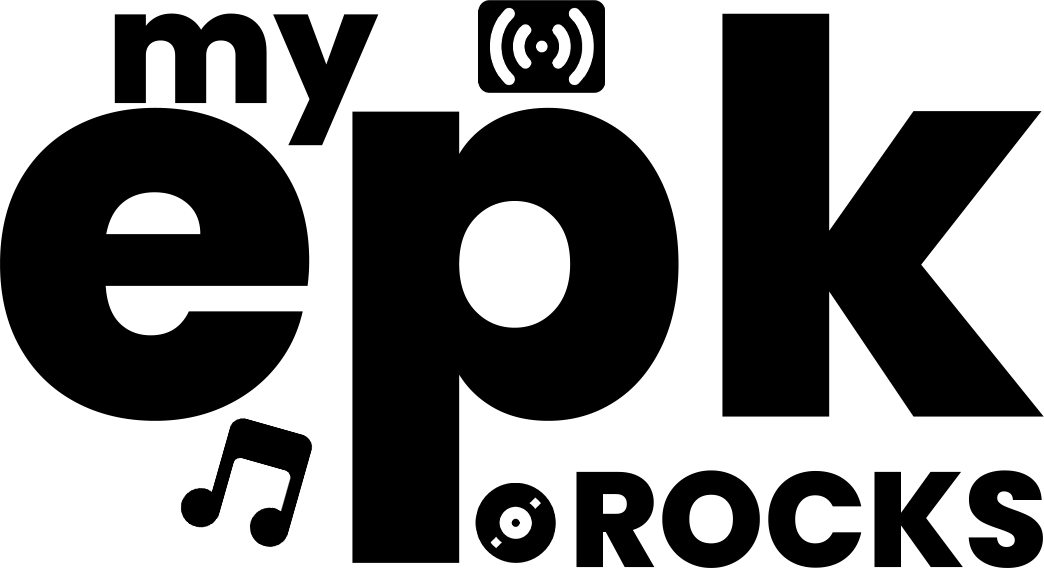Alright, buckle up, music makers! It’s 2026, and the music industry is… well, still a wild ride. Remember that “overnight success” narrative you heard back in the day? Yeah, that’s even more mythical now than finding a functioning payphone.
But don’t freak out! The good news is that the power is still shifting towards independent artists. You’ve got more tools, more access, and more control than ever before. The challenge, though, is cutting through the digital noise. Everyone’s trying to get heard. So, what’s actually working in music promotion in 2026, what’s officially dead and buried, and how can YOU, whether you’re fresh out of your bedroom studio or a seasoned pro, navigate this sonic jungle? Let’s dive in.
I. The Lay of the Land: Welcome to the Algorithmic Zoo
First, let’s acknowledge the elephant in the room: Algorithms are King. Spotify, Apple Music, YouTube, TikTok – they all live and die by their algorithms. Understanding them isn’t about becoming a data scientist, but about knowing how your music gets discovered and promoted by these digital gatekeepers.
-
The Playlist Plunge: Remember when getting on a Spotify editorial playlist was the holy grail? Still important, sure, but not as almighty as it once was. Now, algorithmic playlists are where the real long-term growth lies. Think “Discover Weekly,” “Release Radar,” and personalized mixes. These are fueled by user behavior, making your music’s performance (skips, saves, shares) crucial.
- Actionable Tip: Focus on building genuine engagement with your existing audience. The better your music performs with them, the more likely the algorithm will pick it up and push it to new listeners. Run targeted social media ads at a cost per impression to drive music engagement (follows, playlist additions) and test different messages to see what resonates best.
- Resources:
- Understanding the Spotify Algorithm: https://artists.spotify.com/blog/how-spotify-recommendations-work
- Apple Music for Artists: https://artists.apple.com/
-
TikTok Takeover (Still): If you’re not at least experimenting with TikTok, you’re missing a HUGE opportunity. It’s not just for Gen Z anymore. The algorithm favors authentic, engaging content that resonates with its users. Forget perfectly polished music videos (unless that’s your brand). Think creative snippets, behind-the-scenes glimpses, and challenges that invite participation.
- Actionable Tip: Don’t just post your music and hope for the best. Create trends around your songs, collaborate with other creators, and genuinely engage with the TikTok community. Don’t sleep on TikTok’s monetization possibilities, like live concerts and direct song purchases, that were introduced a few years back and are continuing to gain steam.
- Resources:
- TikTok Creative Center: https://ads.tiktok.com/business/creativecenter/inspiration/popular/trend/pc/en
-
YouTube: The Evergreen Giant: YouTube remains a powerhouse for music discovery and consumption. Optimize your channel with high-quality audio, visually appealing videos (even lyric videos!), and engaging content beyond just your music.
- Actionable Tip: Focus on building a community on YouTube. Respond to comments, create behind-the-scenes content, and collaborate with other YouTubers (especially those in related genres). YouTube Shorts are also becoming increasingly important for discovery.
- Resources:
- YouTube Creator Academy: https://creatoracademy.youtube.com/page/home
II. What’s Working in 2026 (and Why):
-
Hyper-Personalization: Generic “listen to my new song” blasts are dead. People want to feel seen and understood. Segment your audience (based on genre preference, location, previous interactions) and tailor your messaging accordingly.
- Why it Works: People are bombarded with content. Personalized messages cut through the noise and show you actually care about your fans.
- Tools: Email marketing platforms like Mailchimp (https://mailchimp.com/) and ActiveCampaign (https://www.activecampaign.com/) allow for advanced audience segmentation. Social media platforms offer ad targeting options based on user interests and demographics.
-
Authentic Engagement: Faking it ’til you make it is over. Fans can spot inauthenticity a mile away. Be real, be vulnerable, and be transparent. Share your creative process, your struggles, and your inspirations.
- Why it Works: People connect with genuine stories. Authenticity builds trust and loyalty.
- How to Do It: Use social media to share behind-the-scenes glimpses of your life and music-making process. Engage with your fans in the comments section. Don’t be afraid to show your personality.
-
Micro-Influencer Marketing: Forget chasing after mega-influencers with millions of followers (unless you have a serious budget). Focus on collaborating with micro-influencers (those with a smaller, more engaged audience) in your niche.
- Why it Works: Micro-influencers often have a closer relationship with their followers and their recommendations carry more weight.
- Platforms: Use platforms like AspireIQ (https://www.aspire.io/) and Grin (https://www.grin.co/) to find and connect with relevant micro-influencers.
-
Interactive Experiences: Static content is becoming less engaging. Create interactive experiences for your fans, like live Q&A sessions, polls, quizzes, contests, and virtual concerts with interactive elements. Platforms like Twitch and even Instagram Live offer powerful tools for interactive engagement.
- Why it Works: Interactive experiences create a sense of community and allow fans to feel like they are part of your journey.
- Examples: Host a live Q&A session on Instagram Live after a release. Run a contest on social media asking fans to create their own remixes of your songs. Host a virtual concert with interactive elements like polls and quizzes.
-
Data-Driven Decisions: Stop guessing! Use data to understand what’s working and what’s not. Track your music’s performance on streaming platforms, analyze your social media analytics, and monitor your website traffic.
- Why it Works: Data provides valuable insights into your audience, your marketing efforts, and your music itself.
- Tools: Spotify for Artists, Apple Music for Artists, YouTube Analytics, Google Analytics.
-
Niche-Focused Branding: Trying to appeal to everyone is a recipe for disaster. Define your niche, identify your target audience, and craft a brand that resonates with them.
- Why it Works: Niche-focused branding helps you stand out from the crowd and attract a loyal following.
- How to Do It: Ask yourself: What makes my music unique? Who am I trying to reach? What values do I want to represent?
-
Strategic Collaboration: Partnering with other artists (in your genre or adjacent genres) can be a powerful way to expand your reach.
- Why it Works: Collaboration exposes you to a new audience and can create a synergy that elevates both artists.
- How to Do It: Reach out to artists whose music you admire. Suggest a collaboration that benefits both of you (e.g., co-writing a song, performing together, creating a joint marketing campaign).
-
The Metaverse (Still Emerging): Okay, the Metaverse hasn’t fully taken over the music world yet, but it’s definitely on the horizon. Think virtual concerts, interactive experiences, and opportunities to connect with fans in entirely new ways.
- Why it Works (Potentially): The Metaverse offers immersive experiences that can create a deeper connection with fans.
- How to Explore: Experiment with platforms like Decentraland (https://decentraland.org/) and The Sandbox (https://www.sandbox.game/en/) to see how you can integrate your music into virtual worlds. Keep an eye on developments in virtual reality and augmented reality. While it’s still early days, the potential for innovative music experiences is huge.
III. What’s NOT Working (RIP to These Strategies):
-
Buying Followers/Streams: This is a short-term “fix” that will ultimately hurt you in the long run. Streaming platforms can detect fake streams and followers, which can lead to your music being removed or your account being banned.
- Why it Doesn’t Work: It’s unethical, it doesn’t build a genuine fan base, and it can damage your reputation.
-
Spamming Social Media: Bombarding your followers with generic self-promotion is a surefire way to lose them.
- Why it Doesn’t Work: People are turned off by spam and aggressive marketing tactics.
-
Ignoring Your Fans: Failing to respond to comments, messages, or emails is a missed opportunity to build relationships and foster loyalty.
- Why it Doesn’t Work: It makes you look aloof and unapproachable.
-
Being a One-Trick Pony: Relying on a single platform or strategy is risky. Diversify your approach and experiment with different channels.
- Why it Doesn’t Work: The music industry is constantly evolving. You need to be adaptable and willing to try new things.
-
Underestimating the Power of Visuals: In a visually-driven world, high-quality visuals are essential. Invest in professional photos, videos, and album art.
- Why it Doesn’t Work: Poor-quality visuals can make you look unprofessional and undermine your credibility.
-
Ignoring Data & Analytics: This is probably the biggest killer of music careers. Just because YOU love a song doesn’t mean everyone else does. Listen to the data and adjust.
IV. Tips for New and Seasoned Artists Alike:
For the Newbie Musician:
- Start Small, Dream Big: Don’t try to do everything at once. Focus on building a solid foundation and gradually expanding your reach.
- Quality Over Quantity: Focus on creating high-quality music that you’re proud of. Don’t rush the process.
- Build Your Online Presence: Create a website and social media profiles. Make sure your branding is consistent across all platforms.
- Engage With Your Fans: Respond to comments, messages, and emails. Build relationships with your followers.
- Don’t Be Afraid to Experiment: Try different marketing strategies and see what works best for you.
- Network, Network, Network: Attend industry events, connect with other artists, and build relationships with music professionals.
- Learn the Basics of Music Business: Understand copyright, royalties, licensing, and contracts.
- Don’t Get Discouraged: The music industry is competitive. There’s gonna be rejection. Just keep creating and keep pushing.
For the Seasoned Pro:
- Stay Updated on the Latest Trends: The music industry is constantly evolving. Stay informed about new technologies, platforms, and strategies.
- Re-evaluate Your Brand: Is your brand still relevant? Does it accurately reflect your music and your values? Consider refreshing your brand to stay current.
- Embrace New Platforms: Don’t be afraid to try new platforms like TikTok or the Metaverse.
- Leverage Your Existing Network: Reach out to your contacts and explore new opportunities for collaboration and promotion.
- Delegate Tasks: Focus on what you do best and delegate other tasks to your team or freelancers.
- Invest in Your Career: Continue to invest in your music, your marketing, and your professional development.
- Mentor New Artists: Share your knowledge and experience with up-and-coming musicians.
- Never Stop Learning: The music industry is constantly changing. Stay curious and continue to learn new skills.
V. The Future of Music Promotion (A Glimpse Beyond 2026):
- AI-Powered Music Promotion: Artificial intelligence will play an increasingly important role in music promotion, helping artists to identify their target audience, personalize their marketing messages, and optimize their campaigns.
- Decentralized Music Platforms: Blockchain technology could disrupt the music industry by creating decentralized platforms that allow artists to connect directly with their fans and bypass traditional intermediaries.
- Immersive Music Experiences: Virtual reality and augmented reality will create immersive music experiences that blur the lines between the physical and digital worlds.
- Hyper-Personalized Music Consumption: Streaming platforms will use AI to personalize music recommendations and create customized playlists for each listener.
Final Thoughts:
The music industry in 2026 is a complex and ever-changing landscape. There’s no single, magic bullet for success. But by embracing the strategies that are working, avoiding the pitfalls that are not, and constantly learning and adapting, you can navigate the digital world and build a successful music career. Remember that this is a marathon, not a sprint. Stay consistent, stay authentic, and never stop creating.
Now go out there and make some noise! And feel free to drop a link to your best song in the comments. Let’s support each other!


